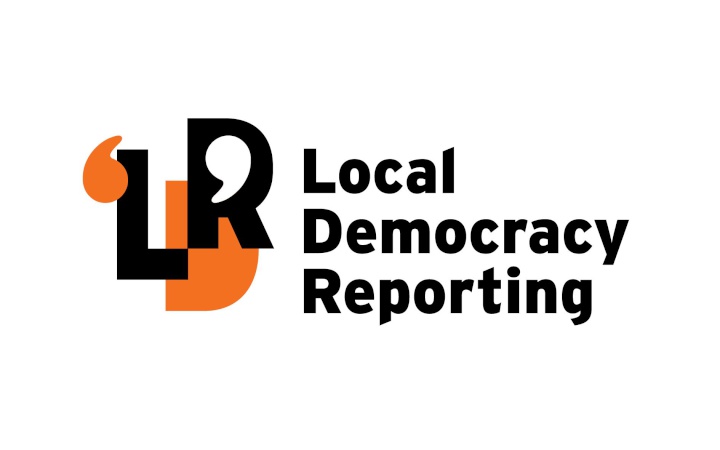A Canterbury school principal says they've seen dramatic results from treating vaping as a health issue rather than taking a punitive approach.
Kaiapoi High School principal Jason Reid says vaping was a major issue for schools in 2023, but he saw ‘‘a massive plummet’’ in incidents last year.
He attributed the success to increased public awareness and treating vaping as a public health issue, rather than taking a disciplinary approach.
While Rangiora High School installed vaping sensors, Mr Reid said Kaiapoi High School took a more measured approach.
Both schools use restorative processes where they work with the student and parents.
‘‘We treat vaping very seriously. We sit down with parents and whānau and talk about addiction and why this doesn’t happen at school,’’ Mr Reid said.
He said most of the students who had been caught wanted to quit, but didn’t know how.
Vaping, like smoking, is banned in schools, but it is proving to be addictive, which can lead to anxiety, increased impulses and irritation as students crave their next hit, Mr Reid said.
Not enough is known about the long term health impacts of vaping, he said.
Overcoming an addiction often requires ongoing support.
But schools have only limited funding for counselling, with counsellors having to juggle vaping addiction with ongoing mental health issues, he said.
‘‘I would love to double the number of counselling hours,’’ Mr Reid said.
‘‘Our counsellors are having to triage and work out those who just need to sit down and talk, and those who need acute care.
‘‘Students might need immediate help, but counsellors are having to say, ‘here’s some techniques to help you cope and we will meet later in the week’.’’
Vaping sensors were installed in toilet corridors at Rangiora High School in August last year in a bid to stamp out vaping and the associated anti-social behaviour.
The sensors have cameras and an alarm, which are triggered by the vapour to take a photo.
Board of trustees presiding member Simon Green said the sensors were expensive, but it has led to a significant reduction in incidents.
‘‘The board is really supportive of the initiatives the leadership team is taking and we are pleased the students can now use the toilets for their intended purpose.’’
The school has also been part of a pilot programme which uses virtual reality to help young people give up vaping.
Rangiora was one of four schools, including Shirley Intermediate School (Christchurch), Wellington College and Tangaroa College (Auckland), chosen for the trial last year.
Ignite Aotearoa and oVRcome were leading the trial, with young people given access to clinical desensitisation therapy via a virtual reality headset linked to their smartphones.
- Families can get support from their GP for young people coping with a vaping addiction or mental health issues.
- For help giving up vaping go to the Smokefree NZ website.
- For mental health support, go to nextsteps.org.nz or the Mental Health Foundation website.
LDR is local body journalism co-funded by RNZ and NZ On Air.



 Hāpai te Hauora: Whānau Stop Smoking For World Smokefree May - That’s Us
Hāpai te Hauora: Whānau Stop Smoking For World Smokefree May - That’s Us Te Wananga o Aotearoa: Mākereti Papakura, The First Indigenous Woman To Study At Oxford, To Be Awarded A Posthumous Degree
Te Wananga o Aotearoa: Mākereti Papakura, The First Indigenous Woman To Study At Oxford, To Be Awarded A Posthumous Degree Race Unity Speech Awards: Students Unite As One - Speaking Up For Unity In Aotearoa - Race Unity Speech Awards And Hui 2025
Race Unity Speech Awards: Students Unite As One - Speaking Up For Unity In Aotearoa - Race Unity Speech Awards And Hui 2025 General Practice Owners Association: Government Focus On Physician Associates A Distraction From Real Issues
General Practice Owners Association: Government Focus On Physician Associates A Distraction From Real Issues HELP Auckland: Prima Facie Performance Spotlights Urgent Justice Issues For Survivors During Rape Awareness Week
HELP Auckland: Prima Facie Performance Spotlights Urgent Justice Issues For Survivors During Rape Awareness Week Royal Commission Covid-19 Lessons Learned: COVID-19 Inquiry Receives More Than 31,000 Submissions
Royal Commission Covid-19 Lessons Learned: COVID-19 Inquiry Receives More Than 31,000 Submissions